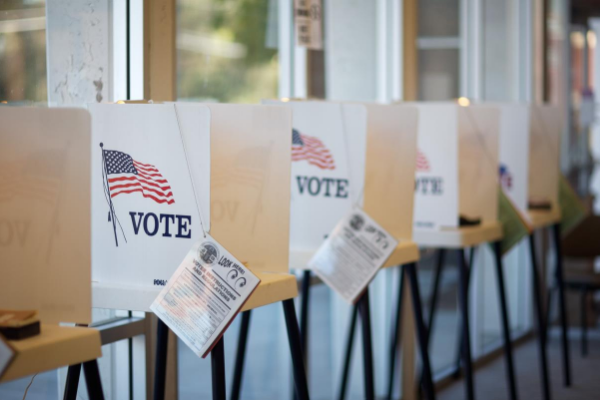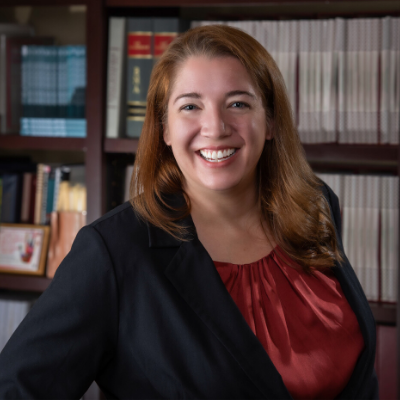“Every four years, millions of Americans cast a ballot for a presidential candidate. Their votes, though, actually go toward selecting members of the Electoral College, whom each State appoints based on the popular returns. Those few ‘electors’ then choose the President.” Chiafalo v. Washington, 140 S.Ct. 2316 (2020).
In forty-eight states, electors are chosen by their political party to vote in a winner-take-all manner when their party’s candidate wins the popular vote. The other two states, Maine and Nebraska, assign two electors by popular vote and allocate the rest based on who wins each congressional district. These electors are oftentimes compelled by the state to sign a pledge to vote for their party’s nominee, a practice found constitutional in Ray v. Blair.
But what actually forces an elector to vote in a manner consistent with their state’s popular vote? Are states able to penalize a “faithless elector” for breaking their pledge and voting for a candidate that did not win their state’s popular vote? On July 6, 2020, the Supreme Court of the United States addressed this matter in Chiafalo v. Washington and held that “the Constitution’s text and the Nation’s history both support allowing a State to enforce an elector’s pledge to support his party’s nominee—and the state voters’ choice—for President.”
The facts in Chiafalo are from the 2016 election. In 2016, the voters of Washington chose Hillary Clinton for President. However, three electors violated their pledges and voted for Colin Powell with hopes of inspiring other electors around the country to do the same. All of the electors had signed a pledge to vote for their party’s nominee.
Following the vote, Washington fined the electors $1,000 each for violating their pledge to support the candidate that the voters chose. The electors challenged the fines as being in violation of the First Amendment.
Writing for the Court, Justice Kagan examined the history of the Electoral College and noted that “nothing in the Constitution expressly prohibits States from taking away presidential electors’ voting discretion as Washington does.” Using this combination of historical and textual analysis, the Court found that states have the authority to enforce an elector’s pledge to vote in accordance with the will of the people.
Author: Connor Donohoe, Legal Intern
Co-Author: Lisa Cagle, Attorney


